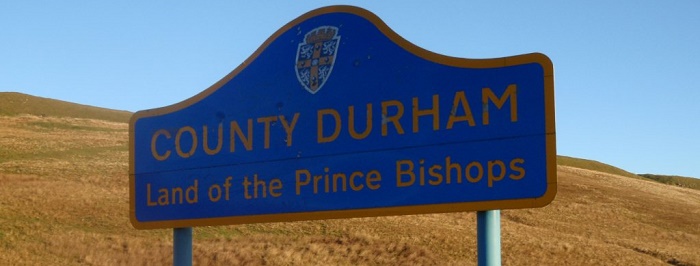The region’s only scheme to provide a 100 per cent discount on council tax payments to vulnerable households could be extended for another year.
Members of Durham County Council’s Cabinet will be asked to approve plans to continue the Local Council Tax Reduction Scheme into 2020/21 when they discuss the authority’s Medium Term Financial Plan (MTFP) next week.
The report, which sets out the council’s long-term funding outlook and spending priorities, reveals that significant on-going financial uncertainty is making it extremely difficult for the authority to plan ahead.
The council estimates that it needs to make £34.2 million in savings over the next four years in addition to the £234 million it will have achieved between 2011/12 and the end of the 2019/20 financial year.
However, continued austerity, budget pressures in areas such as social care and special educational needs and uncertainty and timing of the Comprehensive Spending Review and the Fair Funding Review mean that planning is proving difficult.
The authority is, therefore, working hard to ensure it is in the best possible position to deal with potential pressures and that its plans remain flexible.
Cllr Simon Henig, Leader of Durham County Council, said: “Local government is operating in a period of significant financial uncertainty and this is making planning extremely difficult. We really need some certainty from Government over future funding allocations.
“Through careful planning, our financial position means we are as well placed as we can be to react to the spending review’s outcome and we will continue to be flexible and adaptable in our planning. However, this level of uncertainty is not conducive to effective long-term decision making.
“It is also likely that savings plans in the future will become more complex, requiring significant planning and consultation.”
The MTFP includes a proposal to continue the council’s Local Council Tax Reduction Scheme, which for the past seven years has offered eligible residents a discount of up to 100 per cent on their council tax charge.
The council is now the only authority in the north east and one of just a handful nationally to have maintained the scheme in line with the old council tax benefit system despite funding being reduced. More than 57,000 residents in the country currently benefit from this support.
Cllr Henig added: “Our policy of providing discounts of up to 100 per cent on council tax payments has helped to ease the burden on vulnerable households at a time when welfare reform changes have had a significant adverse impact.
“The current financial climate is putting pressure on everyone but it is important that we continue to do all we can to support people when they need help.”
The council is also considering amending its policy on council tax charges for empty properties, following changes to national legislation.
In line with national legislation, a council tax premium of 50 per cent is currently charged on properties that have been unoccupied and unfurnished for more than two years.
Cabinet members will be asked next week to approve a consultation on proposals from government to increase the premium to a maximum of 100 per cent, with a potential premium of up to 200 per cent placed on properties that have been unoccupied and unfurnished for more than five years.
The premium is designed to provide a financial disincentive for absent landlords to retain long-term empty properties.
The introduction in April 2013 of the 50 per cent premium saw the number of empty properties fall by 33 per cent in the succeeding six months.
Cllr Alan Napier, Deputy Leader of Durham County Council and Cabinet member for resources, said: “The government has provided legislation to help deal with long-term empty properties. The policy is designed to motivate owners to bring them back into use, which would boost the supply of affordable properties available to rent in the county.
“However, it is important that we seek the views of the public on the potential impact of the changes. The feedback we receive during any consultation will be fully considered in making final decisions on the empty property premium.”
Cllr Kevin Shaw, Durham County Council’s Cabinet member for strategic housing and assets, said: “Cabinet will also be discussing our new housing and homelessness strategies when they meet next week.
“Consulting on the option to increase the council tax premium on empty properties links in very closely with both of these strategies as one of the key aims of both documents is to tackle the problem of long-term empty properties.
“Bringing such properties back into use increases the available supply of accommodation for those who are homeless or threatened with homelessness but also improves the appearance of our communities.”











